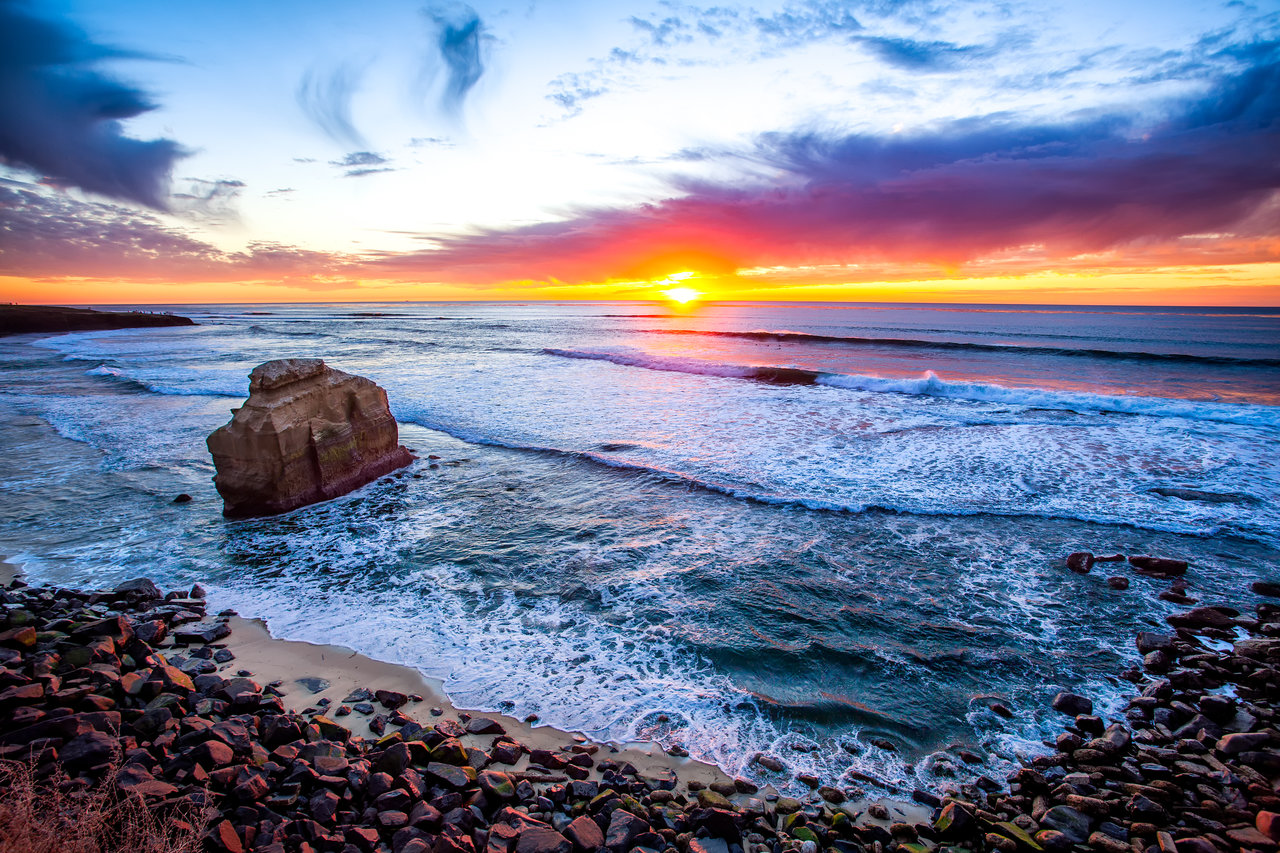The 15 Largest Lakes in the World in 2024
Table of Contents
Start on a journey across continents to encounter the Earth’s most majestic lakes, each one a treasure trove of natural wonder and cultural significance.
Key Points

- Lakes come in all shapes and sizes, but the biggest ones can dwarf entire cities! The Caspian Sea, for example, is so vast it’s technically considered a sea, even though it’s landlocked.
- Most lakes are filled with freshwater, making them vital sources of drinking water and irrigation for surrounding communities. They also provide crucial habitats for plants and animals that depend on freshwater ecosystems.
- Lakes are often formed by natural processes like glacial retreat, tectonic activity, or the damming of rivers. Their shapes and depths can tell fascinating stories about the Earth’s geological history.
What is a Lake?
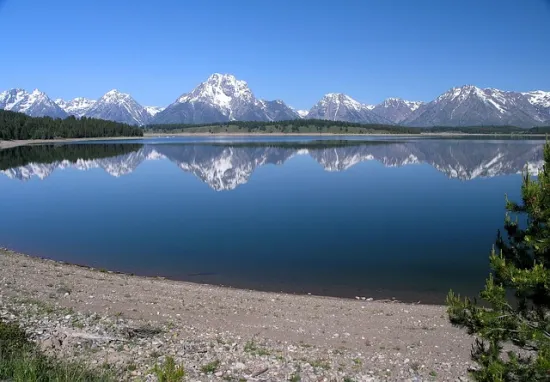
Before we show the largest lake in the world we will tell you what is a lake.?A lake is a naturally occurring body of water surrounded by land and fed by rivers, streams, or groundwater. Unlike the salty embrace of oceans, lakes hold freshwater (unless otherwise stated), creating unique ecosystems that support diverse plant and animal life.
15 largest lakes on Earth
15. Lake Balkhash (Kazakhstan/China)
This Central Asian wonder is a study in contrasts. Its eastern section brims with freshwater, while the western arm dips into salinity. Home to rare fish species and migratory birds, Balkhash is a biodiversity hotspot.
14. Lake Ladoga (Russia)
Europe’s largest lake, Ladoga, stuns with its archipelago of over 660 islands and a rich Viking history. Legend whispers of a mythical monster lurking in its depths, adding to its captivating allure.
13. Lake Ontario (Canada/United States)
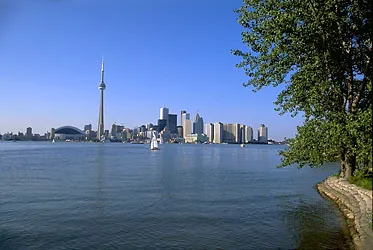
The smallest of the Great Lakes, Ontario, charms with its picturesque shores and vibrant cities like Toronto. Its calm waters offer a haven for sailing, kayaking, and fishing enthusiasts.
12. Lake Winnipeg (Canada)
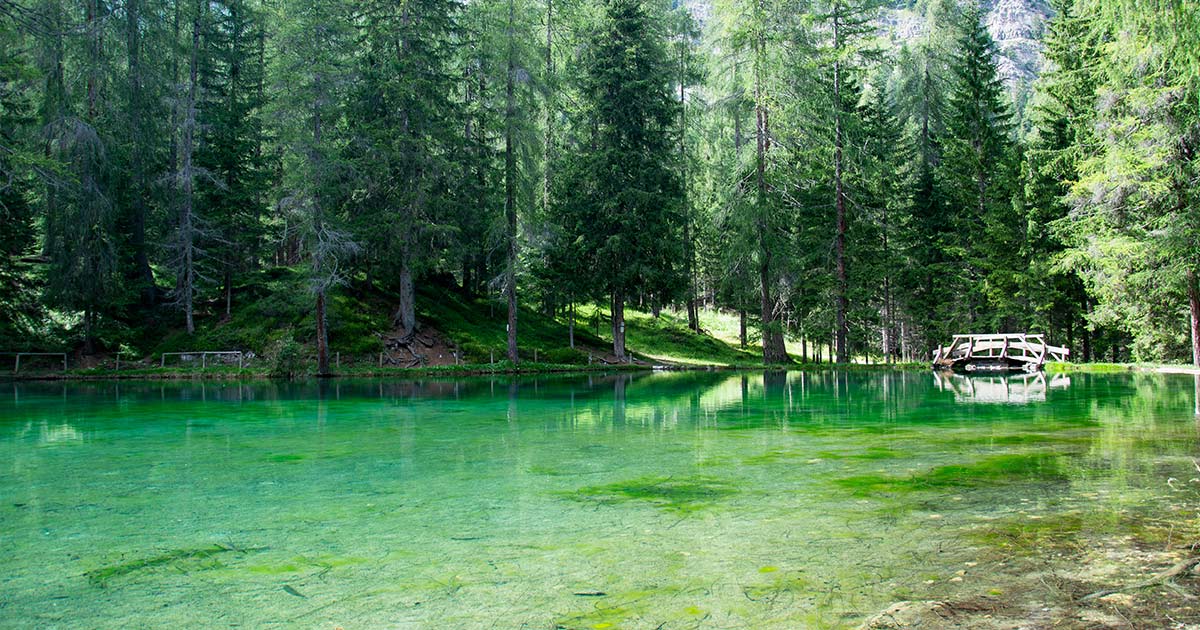
This Canadian titan boasts a unique ecosystem shaped by glacial retreat. Its vastness provides a crucial habitat for numerous bird species, including the majestic whooping crane.
11. Lake Erie (Canada/United States):
The shallowest of the Great Lakes, Erie, is a fisherman’s paradise teeming with walleye, perch, and bass. Its fertile waters also nurture lush wetlands, vital for countless waterfowl.
10. Great Slave Lake (Canada):
Plunge into the depths of North America’s deepest lake, Great Slave. Home to the Aurora Borealis and ancient rock paintings, this icy giant whispers tales of the indigenous Dene people.
9. Lake Malawi (Africa):
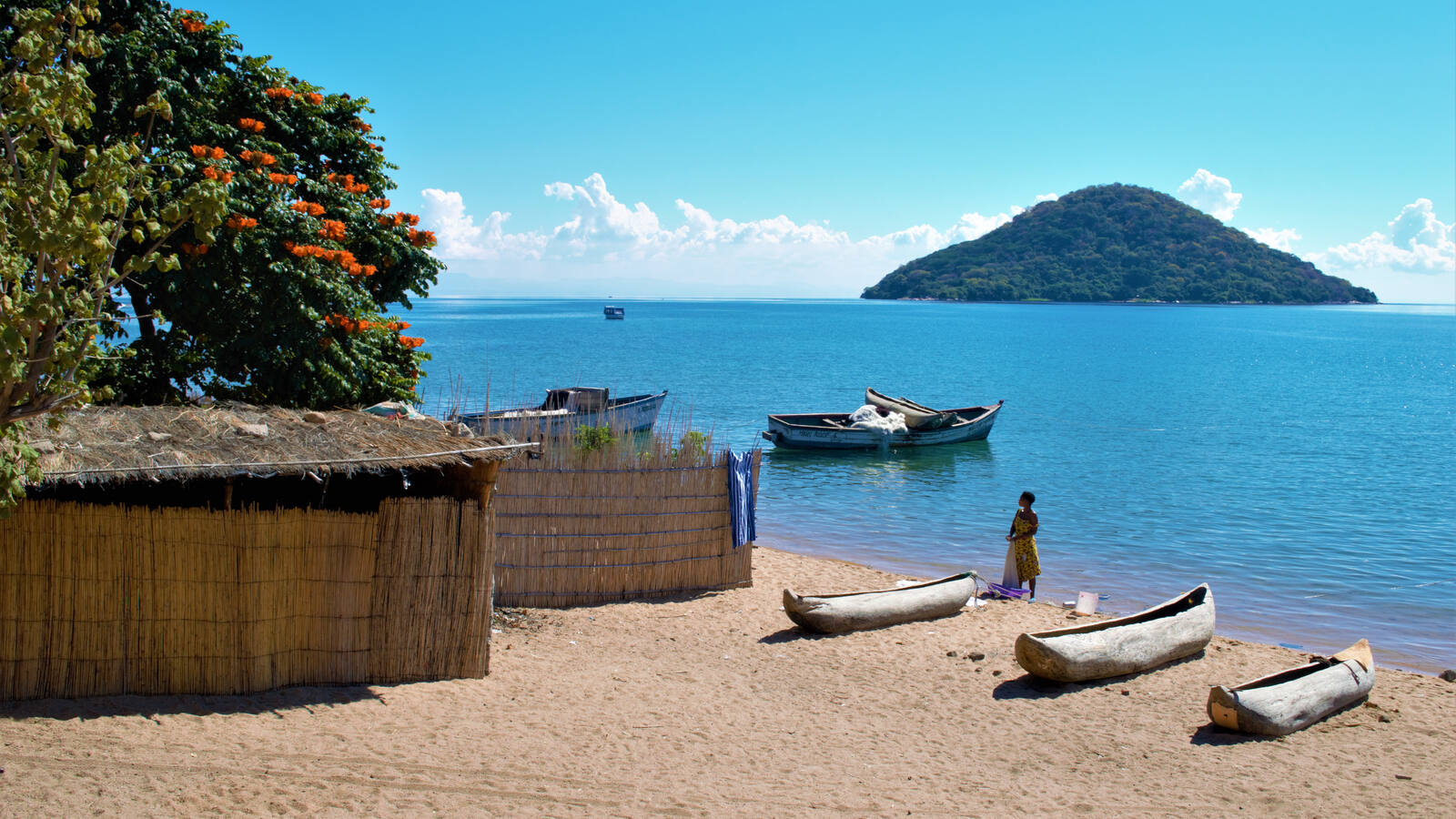
Dive into the vibrant underwater world of Africa’s largest freshwater lake, Malawi. A kaleidoscope of over 1,000 fish species, including the cichlid, calls this watery realm home.
8. Great Bear Lake (Canada):
Venture into the Canadian tundra to encounter Great Bear Lake, a natural marvel adorned with aurora borealis displays and teeming with Arctic char. Its isolation grants it pristine waters and breathtaking natural beauty.
7. Lake Baikal (Russia):
The ancient soul of Siberia, Lake Baikal, holds the title of the deepest lake on Earth. Its crystal-clear waters shelter unique creatures like the Baikal seal, making it a UNESCO World Heritage Site.
6. Lake Tanganyika (Africa):
The longest freshwater lake on Earth, Tanganyika, snakes through four African nations. Its dramatic cliffs and hidden coves whisper tales of explorers and ancient civilizations.
5. Lake Michigan (United States):
The largest lake entirely within the United States, Michigan, mesmerizes with its turquoise waters and iconic landmarks like Chicago’s skyline. Its beaches and vibrant ports beckon summer crowds.
4. Lake Huron (Canada/United States):
Sharing a shoreline with its twin, Michigan, Huron boasts stunning archipelagos and shipwrecks, whispering stories of maritime history. Its waters provide vital drinking water for millions.
3. Lake Victoria (Africa):
The crown jewel of Africa, Victoria, is the continent’s largest lake and the source of the mighty Nile River. Its papyrus swamps shelter diverse wildlife, while its shores support vibrant local communities.
2. Lake Superior (Canada/United States):
The undisputed champion of the Great Lakes, Superior, commands respect with its immense size and rugged beauty. Its icy waters host shipwrecks and ancient pictographs, whispering tales of explorers and indigenous peoples.
1. Caspian Sea (Central Asia):
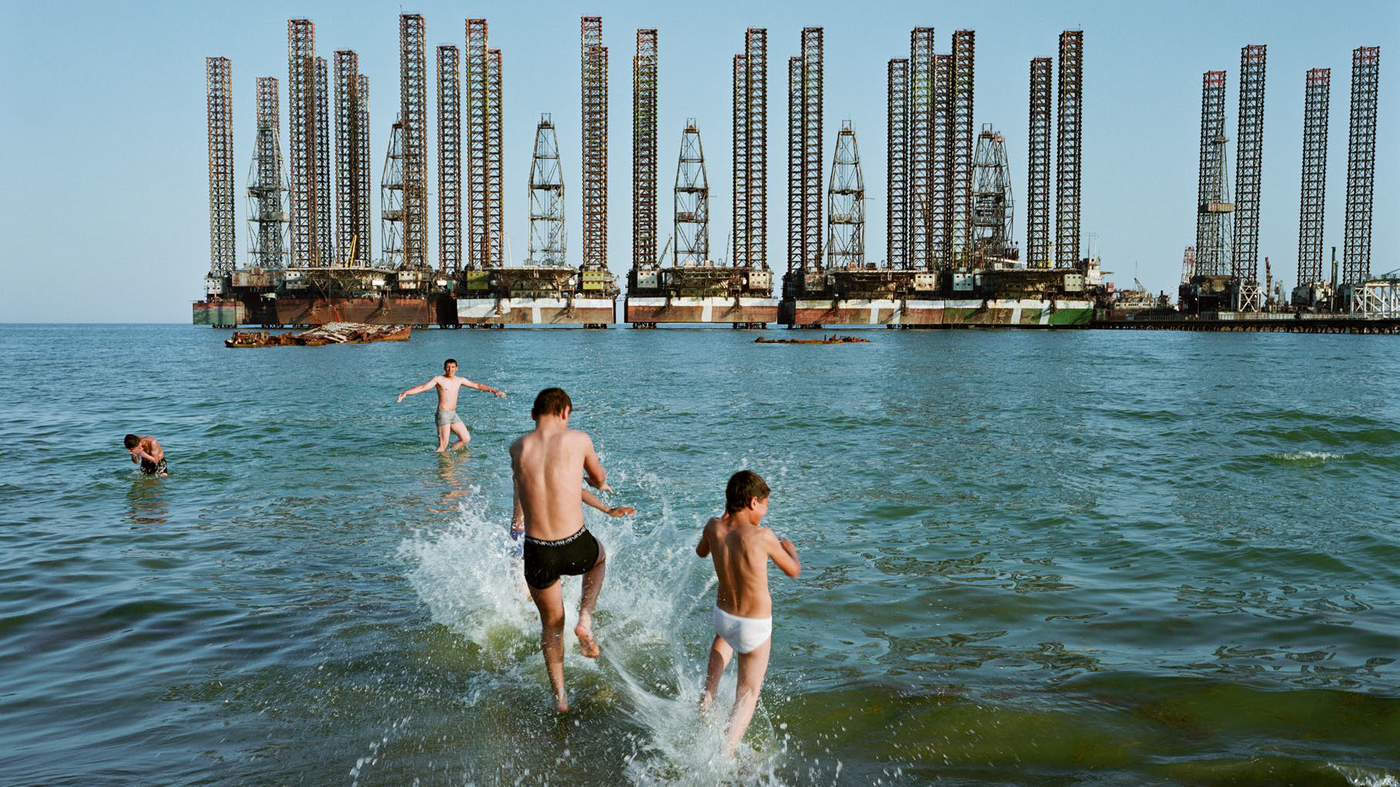
And finally, we arrive at the Caspian Sea, the Earth’s largest inland body of water. Technically a sea due to its salinity, the Caspian’s vastness stuns visitors with its sturgeon fisheries, oil reserves, and diverse cultures.
Final Thoughts
This is a fantastic overview of the 15 largest lakes on Earth! Each one has its unique level and significance, from the freshwater havens of Lake Victoria to the ancient depths of Lake Baikal. It’s amazing to think about the variety of life and landscapes these lakes support.
Thanks for reading.
For More Information Please Visit These Websites Craiyon And Arturia

